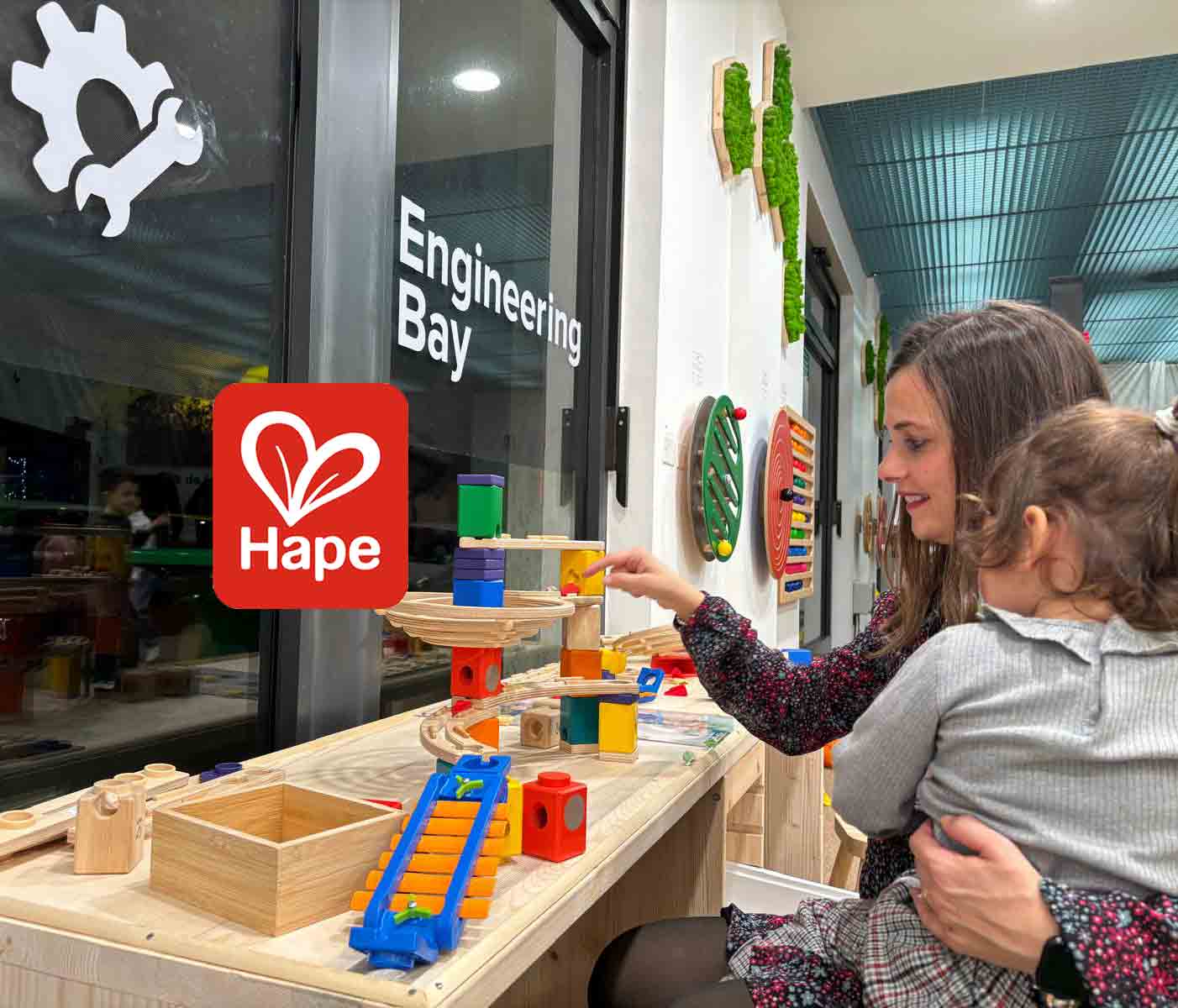Standing in front of mirror before school, a parent watches their child marvel at their own reflection. The first thing that comes to mind is, ‘You look so pretty today!’—but as the words form, they wonder what message they’d be sending. It’s common for adults to reach for easy compliments when talking to kids. But according to neuroscience, the stories behind these words travel deeper than anyone might think, right into the architecture of a child’s sense of self.
The Reflection Trap: How Surface Praise Shapes a Child’s Brain
Research reveals something fascinating about Children’s Self-Esteem that changes how many people speak to every child in their lives. When parents tell their child, “You look so pretty,” or “You’re so handsome,” their brain learns that worth comes from external appearance. But when they shift to commenting on internal strengths, they’re building up their brain’s Self-Worth and resilience.
The Neuroscience Behind Parental Feedback Self-Worth
Think of it like watering a plant’s leaves instead of the roots. The surface might look good temporarily, but no one is building the foundation. Appearance-based compliments activate external validation circuits in developing brains, making children dependent on others’ opinions for their sense of value.
Research reveals something remarkable about Self-Concept Development: self-esteem in children is established as early as age 5 and remains relatively stable throughout life. This means words during these early years carry incredible power in shaping how children see themselves.
Internal vs External Validation Patterns
Watching children interact with playful exhibits at interactive spaces reminds observers how easily they learn to see themselves through the eyes and words of others. Parental feedback significantly influences children’s self-worth development, creating neural pathways that either build resilience or dependency.
Compliments focused on appearance can prompt kids to seek validation from others, creating surface-level confidence that’s easily shaken. When someone doesn’t compliment their looks, or worse, criticizes their appearance, their entire sense of self can crumble.
The Brain Science of Building Real Self-Esteem
Here’s what happens in the brain when adults use different types of praise:
External validation (appearance-focused) activates reward centers that crave repeated external approval. Internal validation (character-focused) strengthens neural networks associated with intrinsic motivation and self-reliance. Early patterns established through Parental Feedback Self-Worth become the template for lifelong self-perception.
Breaking the Reflection Trap
The shift from external to internal praise isn’t just semantic—it’s neurological. When parents say “You worked really hard on that puzzle” instead of “You’re so smart,” they’re teaching the brain to value effort over innate traits. When they notice “You were kind to your sister when she was upset” rather than “You look beautiful today,” they’re watering the roots.
Internal validation is more beneficial for long-term resilience than external validation because it builds self-worth that can’t be shaken by others’ opinions or changing circumstances. Children with strong internal validation systems develop what researchers call “stable self-esteem”—confidence that comes from within rather than from mirrors or compliments.
Understanding this Neuroscience Child Self-Esteem connection helps caregivers become more intentional with their words, knowing that they’re literally shaping the neural architecture of a child’s self-worth with every interaction.
Going Deeper: The Neuroscience of Complimenting Character
When researchers study the neural basis of self-esteem, they discover something that completely changes how people speak to children. The words adults choose don’t just make kids feel good in the moment—they literally reshape their brains.
How Different Compliments Affect the Brain
Here’s what happens inside a child’s developing mind: Appearance-based compliments activate external validation circuits, making them dependent on others’ opinions for self-worth. But character-based compliments strengthen their prefrontal cortex and build internal confidence.
The prefrontal cortex—the brain’s executive center—is where internal self-evaluation happens. When caregivers focus on promoting intrinsic self-worth through character-based feedback, they’re literally building stronger neural pathways for resilience. Functional neuroimaging reveals specific brain activity associated with this social-cognitive regulation and internal validation.
The Power of Character-Focused Compliments and Confidence
Instead of defaulting to “you’re so beautiful” or “you look so cute,” experts recommend these alternatives:
“You were really brave to try that” “You’re great at asking questions” “You speak up for what’s right” “You have such creative ideas”
These compliments and confidence builders light up areas of the brain that anchor self-worth internally. They create neural networks that can’t be shaken by a bad hair day or someone else’s opinion.
Real-World Neuroscience Parenting in Action
When an aunt tells her niece she was “brave for trying to figure things out during their visit to Museo dei Bambini Lecce,” months later, the child recounts how it made her feel “smart and strong,” not just “pretty.” This is neuroscience parenting at work—parental feedback shaping internal validation that becomes foundational to long-term resilience.
Research shows that shifting focus from looks to character strengths builds robust neural networks for long-term confidence. When children receive character-based compliments consistently, their brains develop stronger pathways for self-evaluation that don’t rely on external appearance or approval.
Building Internal Strength Through Mindful Parenting Strategies
These mindful parenting strategies help build children’s confidence and emotional resilience by targeting the prefrontal cortex’s development. Functional neuroimaging shows domain-dependent changes in brain regions related to self-evaluation and social cognition, particularly during adolescence when identity formation is crucial.
When adults comment on children’s internal strengths—their courage, creativity, kindness, or persistence—they’re building up their brain’s self-worth and resilience systems. This approach creates confidence that runs deeper than surface-level attributes and provides a stable foundation for navigating life’s challenges.
The beauty of understanding this neuroscience is that it empowers caregivers to be more intentional with their words, knowing that every character-based compliment is helping to wire a child’s brain for lasting confidence.
Rooted in Resilience: Anchoring Kids Against Life’s Storms
Building resilience in children starts with a simple but profound shift: teaching them that their value comes from who they are, not how they appear. When adults ground children in this truth, they’re not just offering comfort—they’re building an unshakeable foundation that will serve them throughout their lives.
The Power of Internal vs External Validation
Every day, observers witness children facing small storms—a bad hair day, social exclusion, or harsh criticism from peers. The children who weather these moments best are those who’ve developed intrinsic self-worth. They understand that their value isn’t tied to fleeting external factors like appearance or performance, but to their inherent worth as individuals.
When caregivers consistently reinforce this message, they’re helping children develop what neuroscience research reveals as crucial brain connectivity. Studies show that stronger neural pathways between the prefrontal cortex and cerebellum correlate with higher self-esteem and better emotional regulation. In simple terms, adults are literally helping children build more resilient brains.
Building Self-Concept Development Through Daily Words
The words adults choose matter more than they might realize. Instead of “You look so pretty today,” parents can try “I love how kind you were to your sister.” Rather than focusing on achievements alone, they can celebrate character: “You showed real courage when you stood up for your friend.”
These small, intentional phrases become part of a child’s lifelong internal monologue. Research on emotional resilience shows that children with strong internal validation systems are better equipped to handle social exclusion and negative feedback. They’ve learned to draw strength from within rather than relying solely on external approval.
Promoting Intrinsic Self-Worth: The Long Game
Experts often think of a child’s self-worth like the root system of a mighty oak tree. The most beautiful roses might catch everyone’s eye, but they’re vulnerable to harsh weather. Deep roots, however, anchor a tree through every storm. When adults focus on developing children’s internal foundation rather than just their external achievements, they’re investing in something that can’t be shaken by a bad hair day or a disappointing grade.
This approach requires patience. Unlike trophies or grades, intrinsic self-worth develops slowly and invisibly. But children who possess this internal compass navigate life’s challenges with remarkable steadiness. They bounce back from setbacks more quickly and maintain their sense of self even when facing criticism or rejection.
The science supports what many parents intuitively know: confidence built on character creates lasting resilience. When children understand their worth comes from who they are—their kindness, creativity, perseverance, and unique perspective—they carry an internal strength that no external force can easily diminish.
This is the subtle science of building self-worth: planting deep roots that will anchor children through every storm life sends their way.


